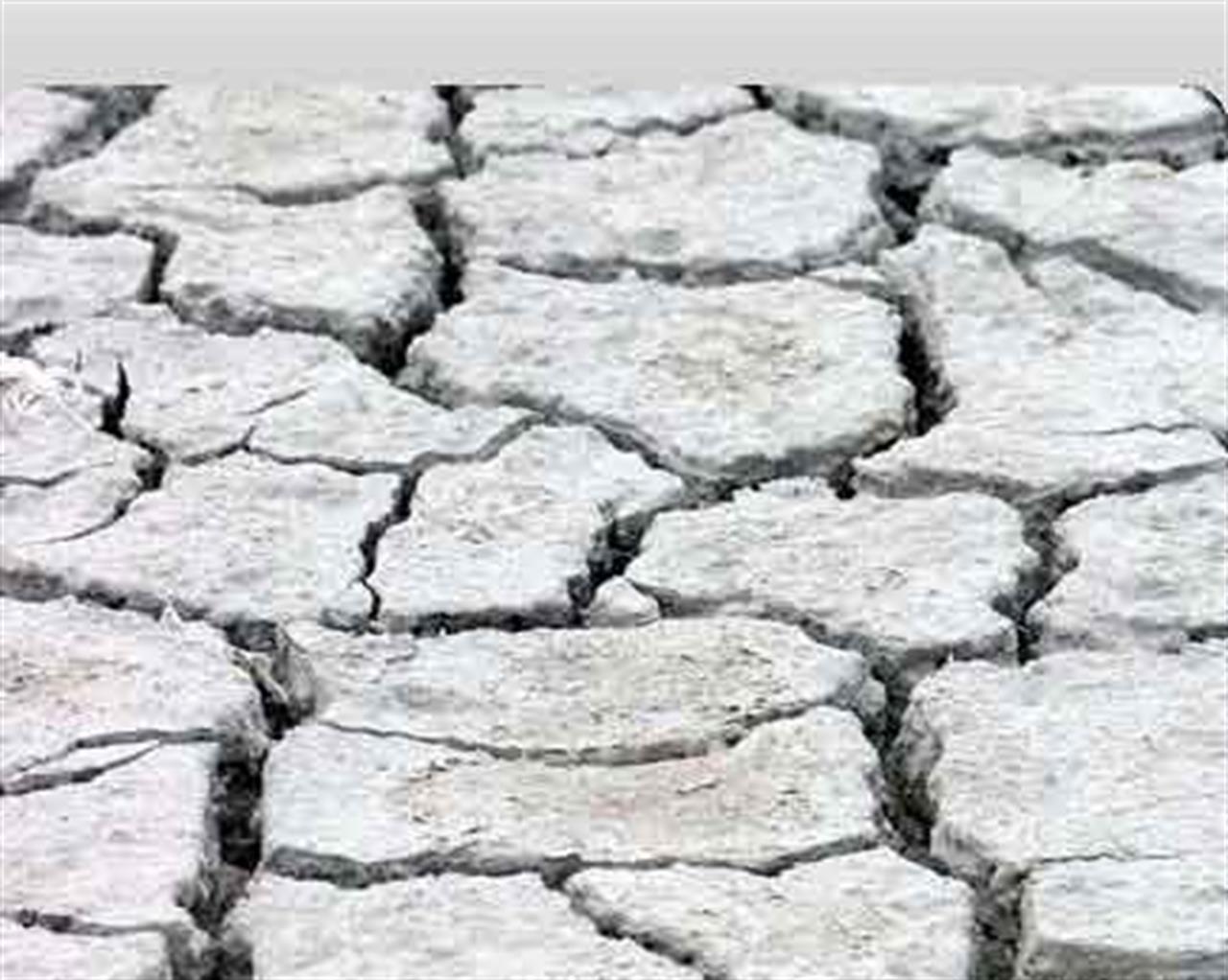Sostenibilità
SOS for Turkey’s disappearing lake
Locals and activists have called on politicians to take measures to stop the drought in Salt Lake located in the central Anatolia.
di Staff

The word “imdat!” (help in English) was written by the bodies of the locals and activists on the dry surface of the lake in order to attract attention to one of Turkey’s biggest lakes.
Tuz Gölü, or Salt Lake, has ceased to be Turkey’s second-largest lake over the last decade, due to drought affecting both the natural and economic life. Locals said they would all migrate soon if no measures were taken.
“The drought is not just due to global warming, but also due to irresponsible irrigation practices and the drying up of water resources,” said Güven Eken, head of Nature Society, a nongovernmental organization, or NGO, as he stood on the dried surface of the lake Saturday.
Nature Society and Atlas Magazine took 300 people, including activists from Istanbul, Ankara and the central Anatolia province of Konya, to Salt Lake to raise awareness to the level of drought around Salt Lake.
The lake, containing salt and minerals, has been a significant source of salt for Turkey for years. Today, the area around the lake is covered with dry soil.
“Natural life ceased here. Flamingos, wild-ducks and many other birds used to come here. Today, there are only dead flamingo chicks on the ground of Salt Lake,” said Bilal Görgülü, a local farmer.
‘Irrigation system should change’
“We have watched the 2 million-year-old Salt Lake dry up over the last 10 years. We should take action to stop that immediately,” said Eken. He said the Konya region was a closed water basin and not more than 1 billion cubic meters of water should be used for agriculture in that area.
“Unfortunately, 1.6 billion cubic meters of water is used in agriculture in the Konya basin each year. And 600 million cubic meters of water is wasted, and that water could prevent the drying up of Salt Lake,” said Eken.
Eken said a solution was to shift to drip irrigation systems and abandon dispatching irrigation systems, also known as rude irrigation. It should be the first measure to save the lake, said Eken.
“The bureaucrats, whom we are in touch with, are aware of that problem and they accept the need to alter the irrigation system,” said Eken, before adding that politicians were reluctant to take on the responsibility of protecting the region. “We try to draw the awareness of people to the problem at Salt Lake so that the politicians can come up with realistic solutions.”
Another reason for the drought is the type of agricultural plants grown in the fields around Salt Lake. Sugar beet and corn plants, which demand too much water, are now preferred in the region, said Eken.
“Plants that do not demand much water, other than sugar beet and corn, should be preferred here in the long run,” he said.
Locals move to Europe
“My mother tells us that those areas were filled with water. Now, the water is scarce and we cannot farm,” said Hasan Çorca, 14, who lives in Gölyazi district of Konya, near Salt Lake.
As water scarcity increased, locals started to move to big cities and mostly to Austria and Germany in find work. Çorca’s father is one of them. “My father has been working in Austria for two years,” said Çorca, adding that the rest of the family planned to move there as soon as they could.
Around 70 percent of Gölyazi people moved out of the district for the same reason, said Mehmet Yenal, a farmer in Gölyazi.
“Agriculture and stockbreeding have stopped here, those who had some money have already moved out. Only the poor are left behind,” said Yenal.
Local farmers also want to contribute to protect the region. However, they say they do not have enough financial resources to install the drip irrigation system.
“We need financial aid to change the irrigation system,” said Mehmet Uzun, a local farmer.
Source: www.turkishdailynews.com.tr
Nessuno ti regala niente, noi sì
Hai letto questo articolo liberamente, senza essere bloccato dopo le prime righe. Ti è piaciuto? L’hai trovato interessante e utile? Gli articoli online di VITA sono in larga parte accessibili gratuitamente. Ci teniamo sia così per sempre, perché l’informazione è un diritto di tutti. E possiamo farlo grazie al supporto di chi si abbona.
